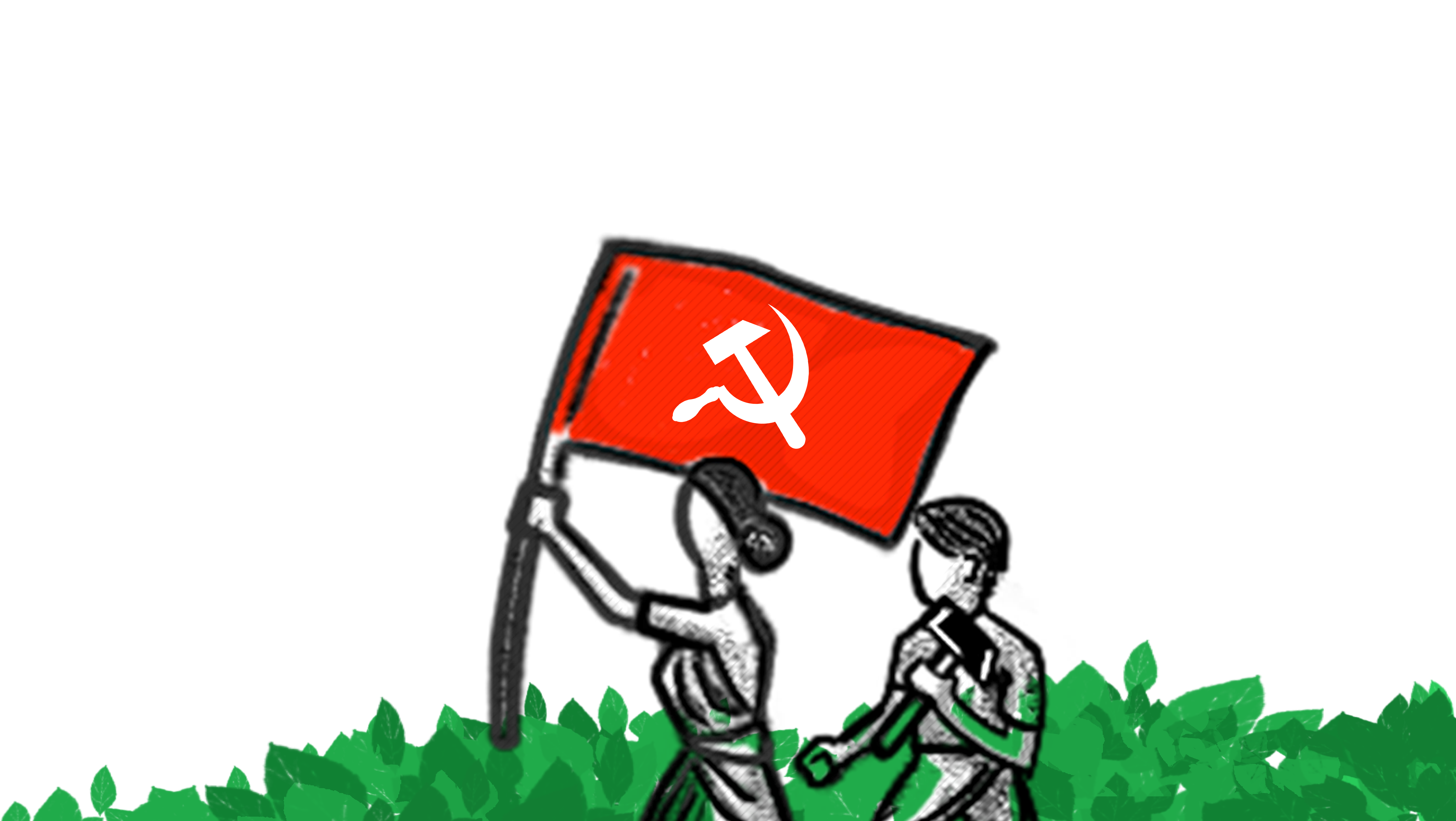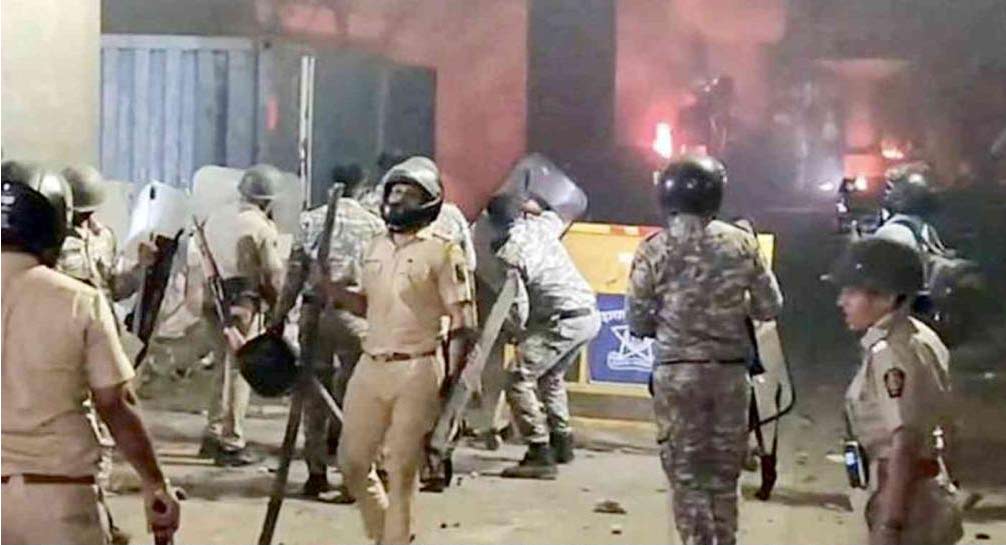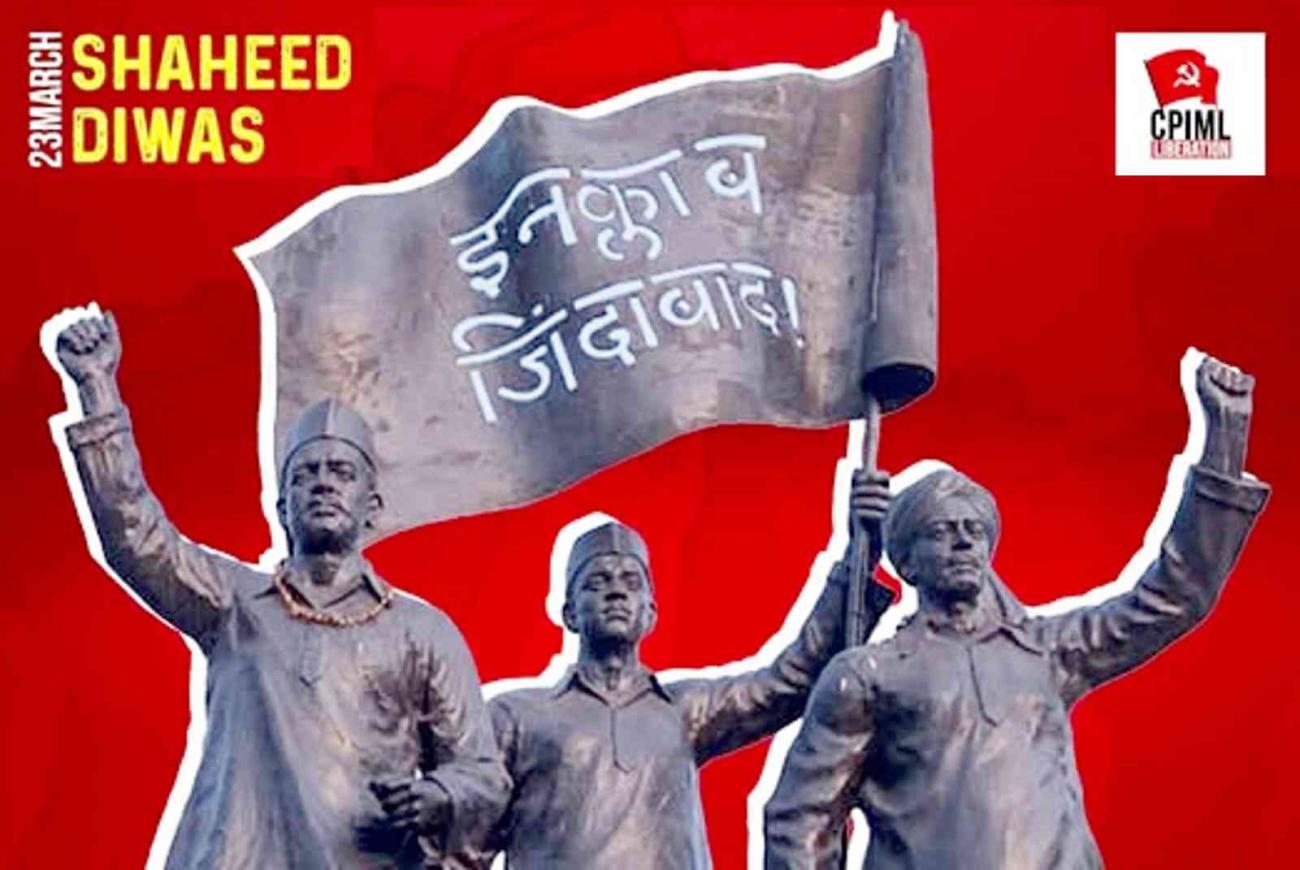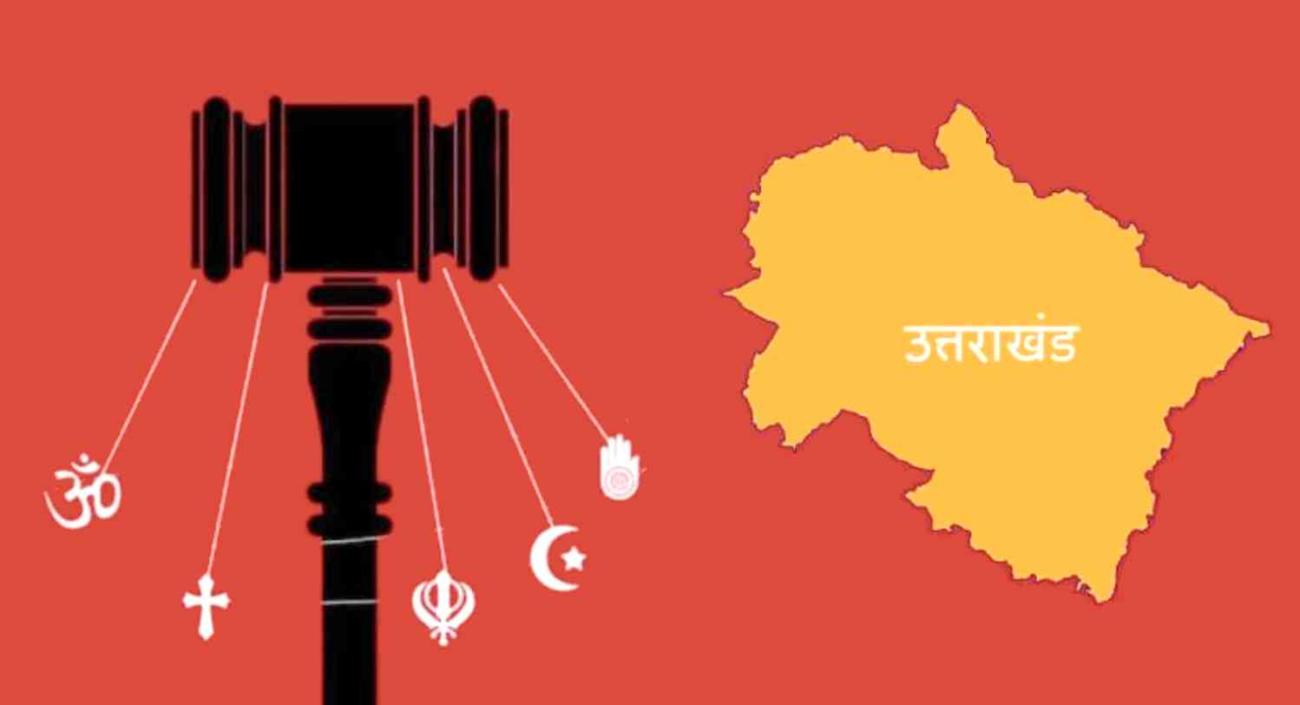If Mamata Banerjees TMC is threatening to break ranks with the UPA, JD(U) and Shiv Sena have already extended support to the Congress candidate. Having waited for the Congress to declare its candidate, the BJP now complains about not being consulted by the Congress and has chosen to back PA Sangma, the candidate proposed by the AIADMK and BJD, who had to quit his own party NCP to join the Presidential race. The SP and BSP, the two heavyweight parties from UP, are both busy in a competitive bargain with the Congress and the Centre. And the Left bloc too has now got divided with the CPI(M) and Forward Bloc supporting Pranab Mukherjees candidature even as the CPI and RSP have decided to abstain.
The BJP would have loved to use the Presidential poll as an opportunity to attract more allies, yet ironically enough, it finds two of its oldest allies ditching it on this occasion. Why did Nitish Kumar choose this time to oppose the prospect of Narendra Modi as the NDAs prime ministerial candidate to join hands with the Congress and UPA on the presidential poll? This may well be Nitish Kumars way of staking his own claim against Modi and a tool for bargaining with the Centre for greater funds for Bihar, but the most pressing reason lies within Bihar where his government is drawing flaks from all quarters for its growing non-performance, failure and betrayal, and Nitish Kumar obviously needs to divert the public attention elsewhere.
The CPI(M)s support for Pranab Mukherjee has come with the most bankrupt of arguments. Prakash Karat has now joined Buddhadeb Bhattacherjee to argue that the presidential poll should be delinked from the political battle against neo-liberal pro-imperialist policies! Oppose Pranab Mukherjee as Finance Minister but support him as President is the AKG Bhavans latest doublespeak. Karat also argues that Mukherjee should be supported as he already enjoys the widest acceptance and the CPI(M) should therefore play ball and not spoil the party! He has also candidly reminded everybody that it has been his partys normal practice to support Congress candidates in presidential election, the only exception being the 2002 election when APJ Abdul Kalam was viewed as the BJPs candidate and hence opposed.
Sixteen years ago, it was the CPI(M) which refrained from participating in the UF government at the Centre even as the CPI joined the Union cabinet. Prakash Karat had then famously vetoed Surjeets proposal to make Jyoti Basu the Prime Minister of the UF government. The circle has now been completed with Prakash Karat reportedly giving his casting vote to prevail over an evenly divided polit bureau and clinch the decision to support Pranab Mukherjee. And ironically, it is now the CPI which has refused to fall in line.
The CPI(M) decision to go with the Congress in the presidential poll has begun to create some ripples within the party with the convenor of the partys research cell resigning from the party in protest. Coupled with the ongoing crisis in Kerala and Prabhat Patnaiks salvo against what he calls the feudal-Stalinist culture in Kerala CPI(M), the debate over the presidential poll may well herald another July crisis for the CPI(M). For all those who had taken the CPI(M)s Kozhikode Congress call for Left and democratic alternative as sign of a leftward restoration and rectification within the party, the recent Kerala developments and now the decision to support the Congress nominee in presidential election should serve as important reality checks.
It is height of opportunist bankruptcy to suggest that the presidential election has nothing to do with the struggle against the anti-people policies of the government. Equally irrelevant in this case is the CPI(M)s other stock argument of supporting the Congress to keep the BJP out of power. The only principled course for the Left in this presidential election could have been to abstain, and abstain precisely as a statement of opposition to the policy trajectory of the ruling classes and its disastrous outcome which has pushed the country deep into an all-pervasive crisis marked by unbridled corruption and corporate loot, massive pauperisation, growing imperialist interference and systematic assault on democracy. Thus alone could it forcefully register its political independence and use this occasion to assert its basic position for the approaching political battles.





